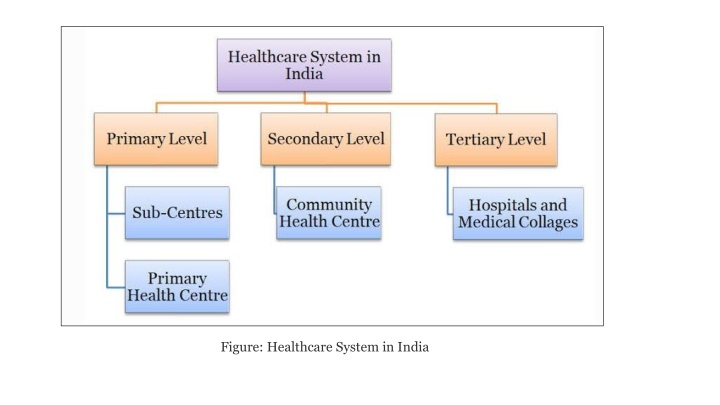
Challenges and Solutions in Indian Healthcare System
Explore the complexities of the Indian healthcare system, including challenges such as infrastructure, manpower shortages, and demographic factors. Discover proposed solutions like blockchain-based health record validation and government initiatives for better healthcare access.
Download Presentation

Please find below an Image/Link to download the presentation.
The content on the website is provided AS IS for your information and personal use only. It may not be sold, licensed, or shared on other websites without obtaining consent from the author. If you encounter any issues during the download, it is possible that the publisher has removed the file from their server.
You are allowed to download the files provided on this website for personal or commercial use, subject to the condition that they are used lawfully. All files are the property of their respective owners.
The content on the website is provided AS IS for your information and personal use only. It may not be sold, licensed, or shared on other websites without obtaining consent from the author.
E N D
Presentation Transcript
Story of Healthcare System The healthcare industry is a complex system of inter-connected entities. Each of these entities has disjoint information systems to manage patient data and records. The current IT solutions in healthcare systems have several challenges such as sharing and accessing medical records across several stakeholders while still maintaining security and privacy of these records. This global problem on how to create, maintain, and share sensitive medical records and clinical data among various stakeholders without sacrificing data privacy and integrity is still unresolved.
1 2 Figure: Proposed DASS-CARE framework: Health records validation process using Blockchain Figure: Roles in Blockchain-based model: Use case Diagram 3 Figure: Inclusive Healthcare system
Basis of Healthcare Schemes Public Health is a state subject; hence, the responsibility of providing medical assistance to patients of all income group is of respective State/ UT Governments. However, National Health Mission (NHM) a flagship programme of the Ministry with its two Sub- Missions, National Rural Health Mission (NRHM) and National Urban Health Mission (NUHM), supports States /UTs to strengthen their health care systems so as to provide universal access to equitable, affordable and quality health care services.
1 2 Figure: Role of Government on healthcare expenditure Figure: Bed intensities across the world
Major Challenges Faced by Healthcare Sector in India Lack of infrastructure: India has been struggling with deficient infrastructure in the form of lack of well-equipped medical institutes. The government mandated that private medical colleges must be built on at least five acres of land hence, they were built in rural areas, where there was a lack of adequately qualified, full-time doctors due to living conditions, besides low pay scales. The National Medical Commission (NMC) has put forward the idea to do away with the requirement of minimum five acres of land. Shortage of Efficient and Trained Manpower: There is a severe shortage of trained manpower, this includes doctors, nurses, paramedics and primary healthcare workers. The doctor-to-patient ratio remains low, which is merely 0.7 doctors per 1,000 people whereas the World Health Organisation (WHO) average is 2.5 doctors per 1,000 people. Population Density and Demographics: The sheer size and diversity of the population pose unique challenges in providing healthcare services to all. Aging population and the associated increase in chronic diseases add to the healthcare burden.
Way Ahead There is a need to adopt technology wherever possible to streamline the operational and clinical processes for healthcare facilities in order to manage efficient patient flow. In addition, there is the challenge to think beyond the obvious and promote virtual care protocols, and telehealth services, which can be leveraged to reduce the patient-load burden to a large extent. To sum it up, there is an urgency to make healthcare service and service providers more transparent operationally. This will help ensure people and processes can be made easily accountable to provide better healthcare services.






















